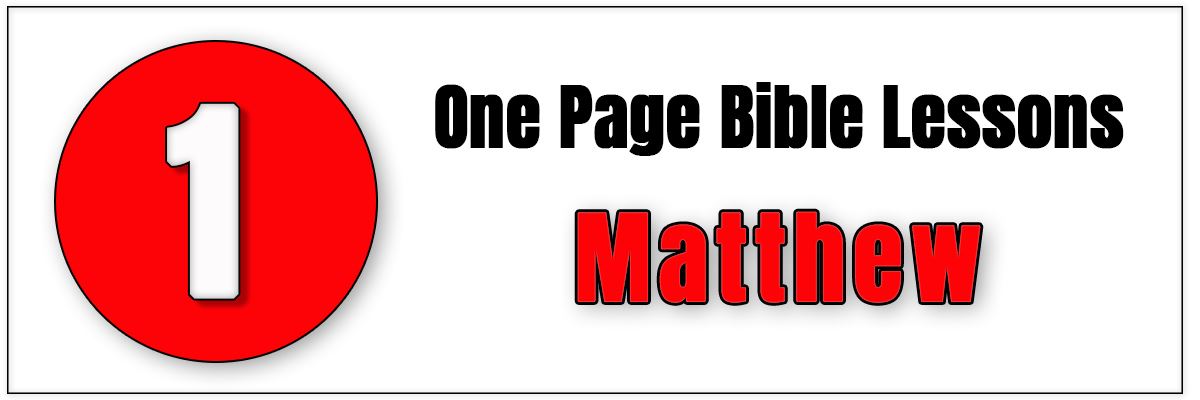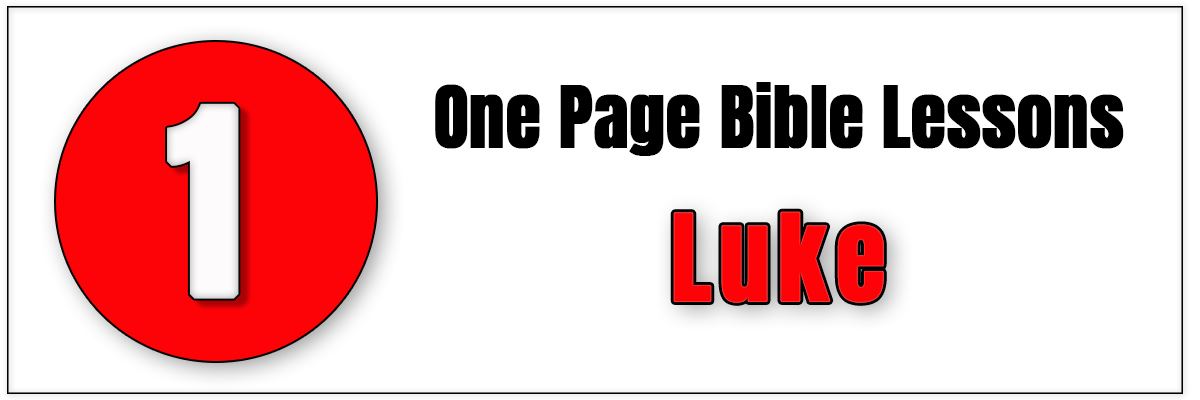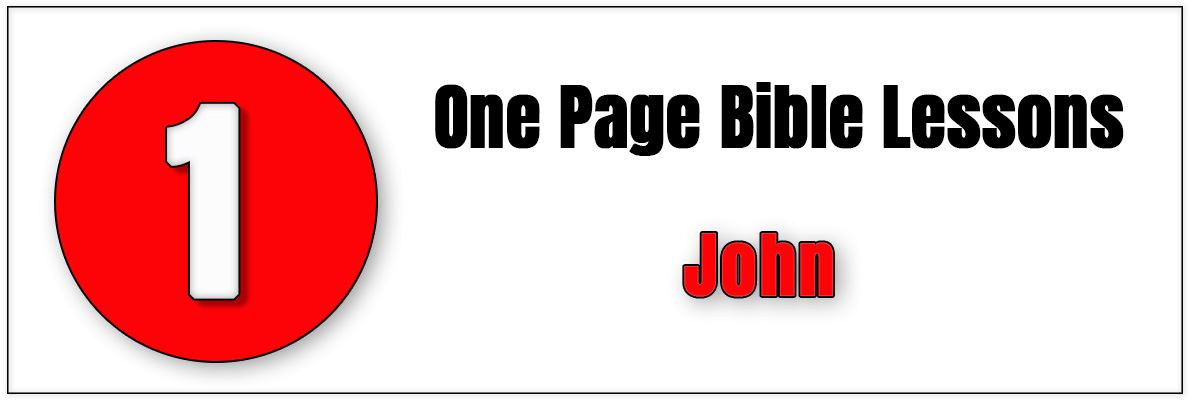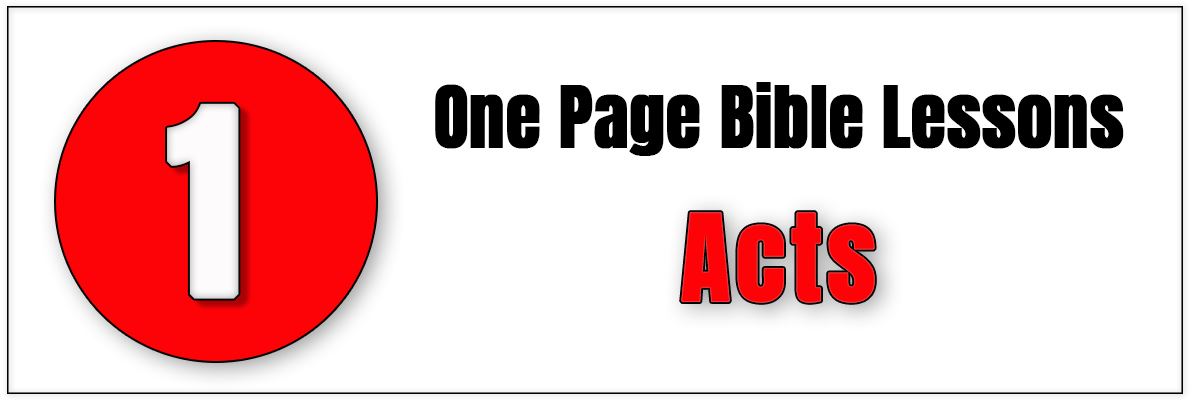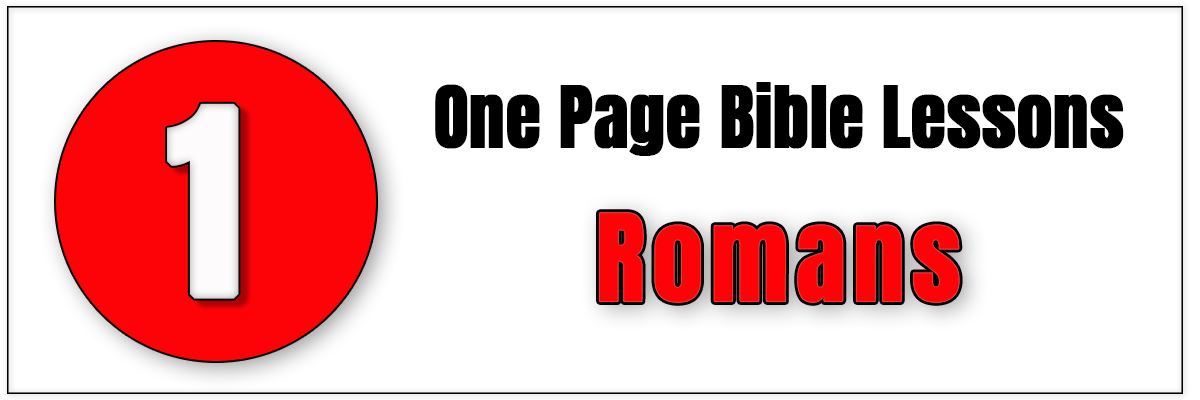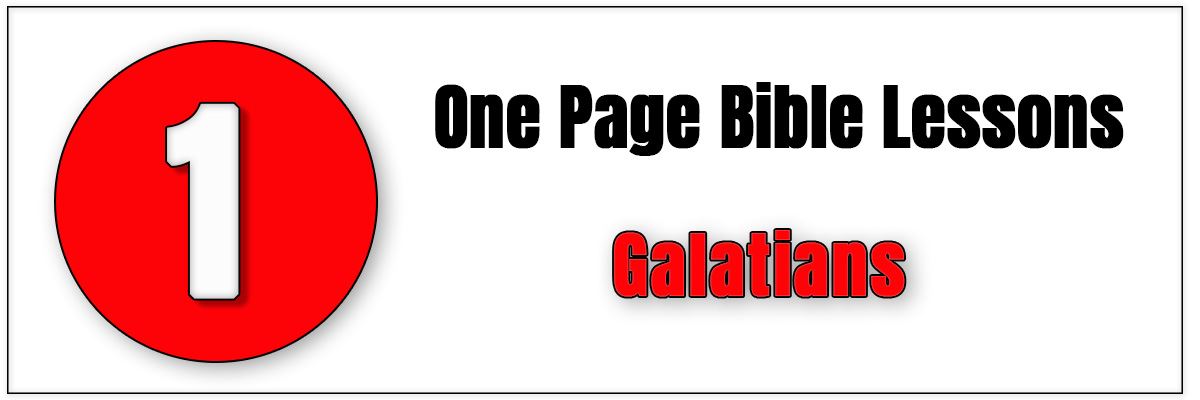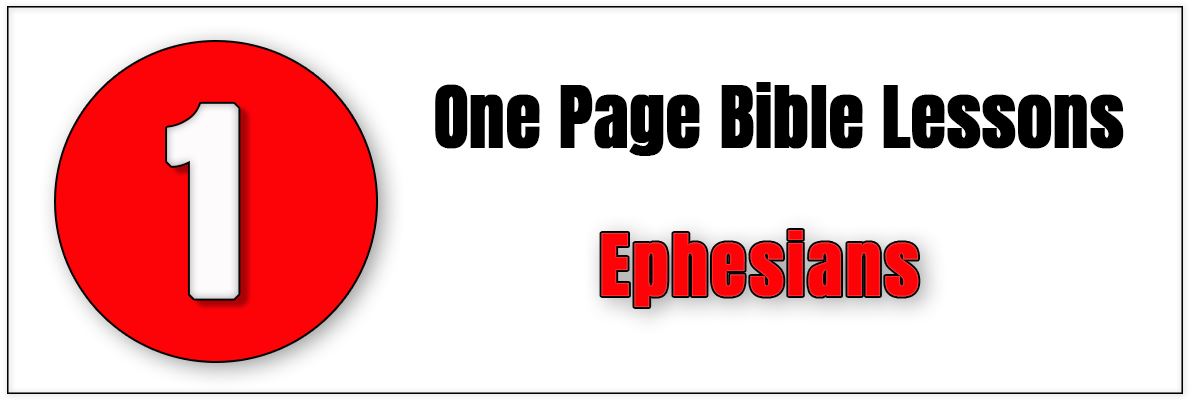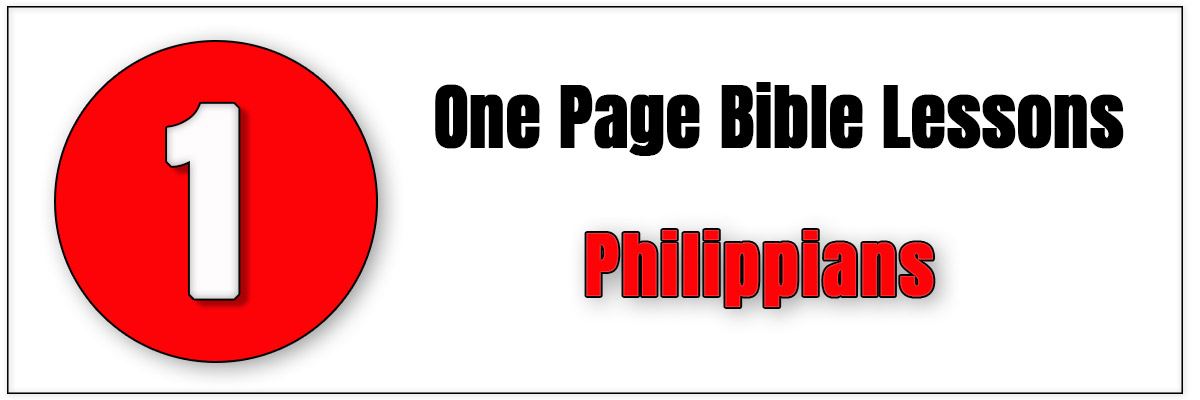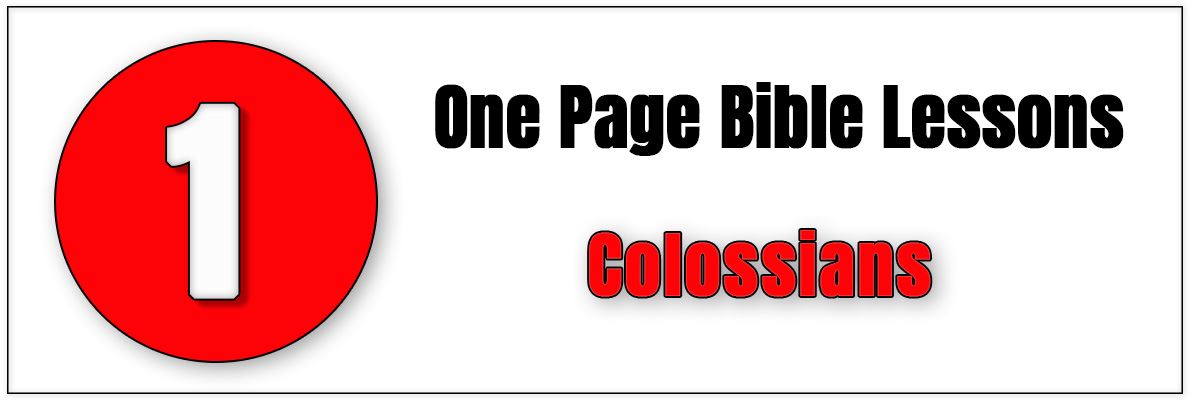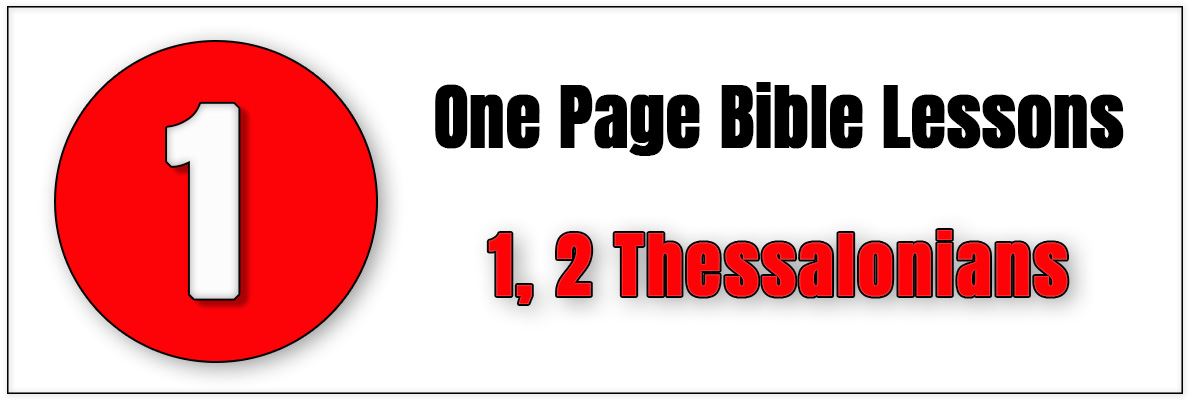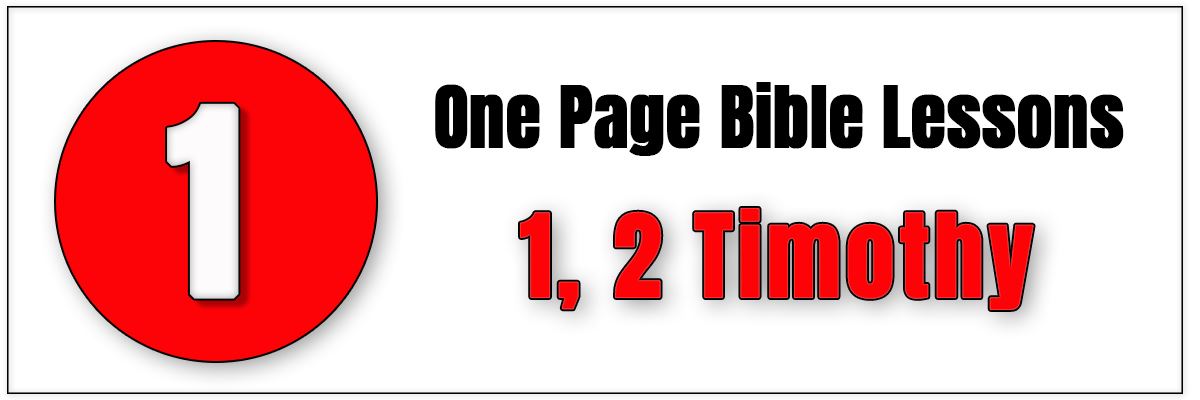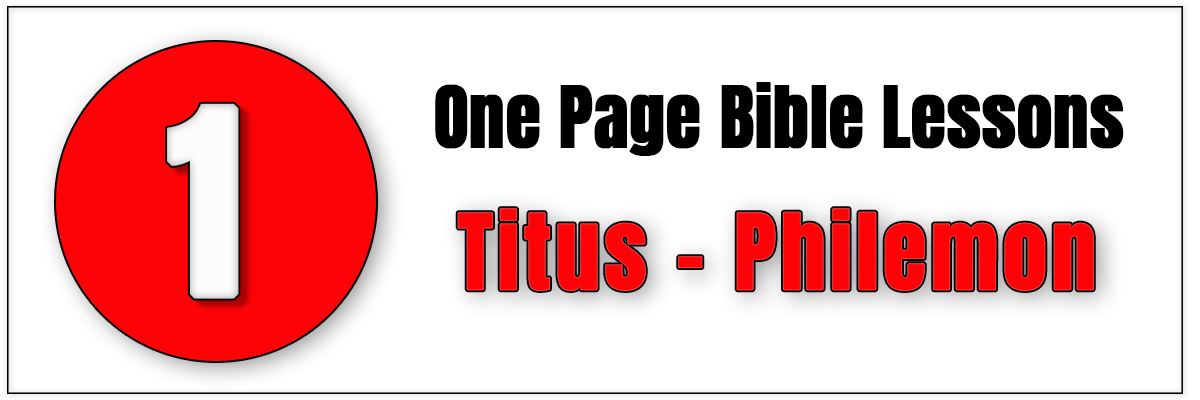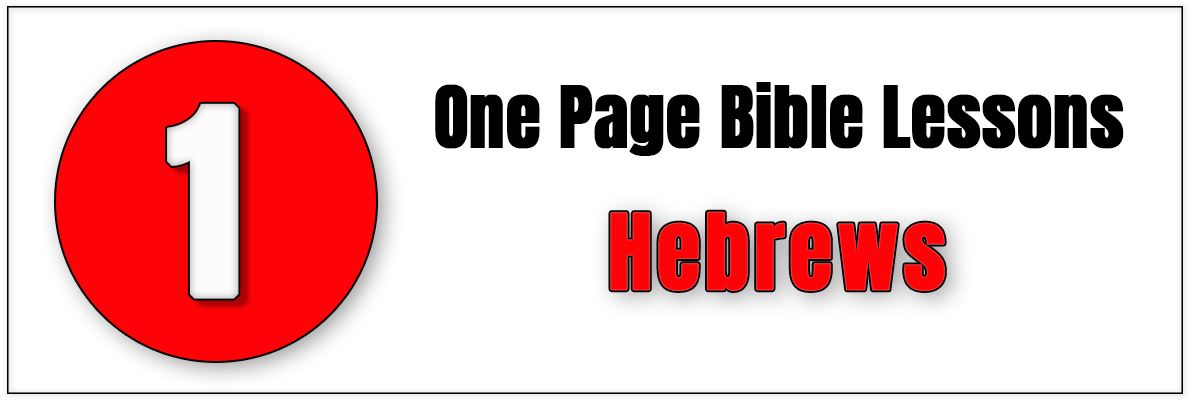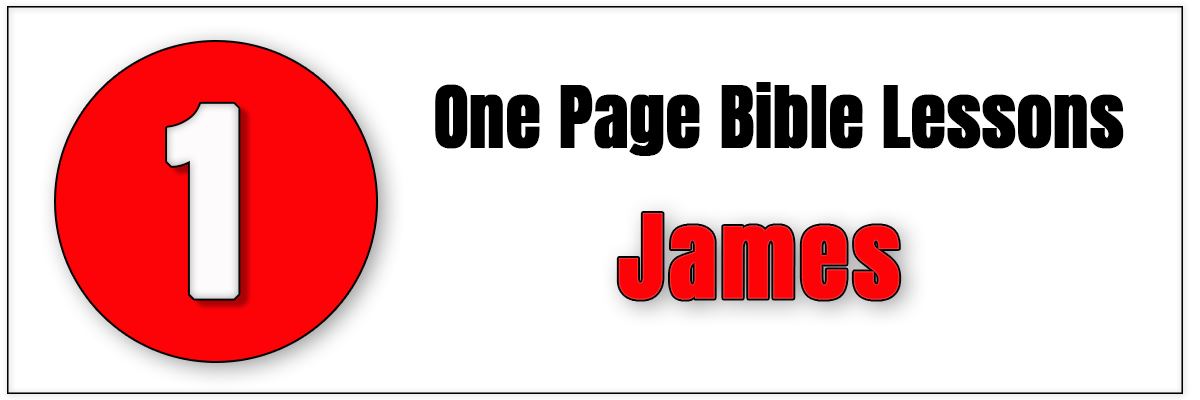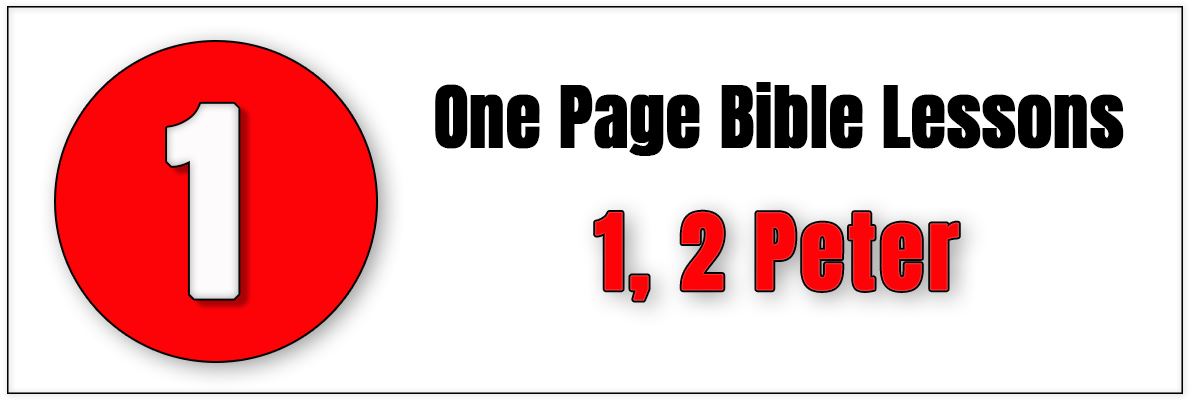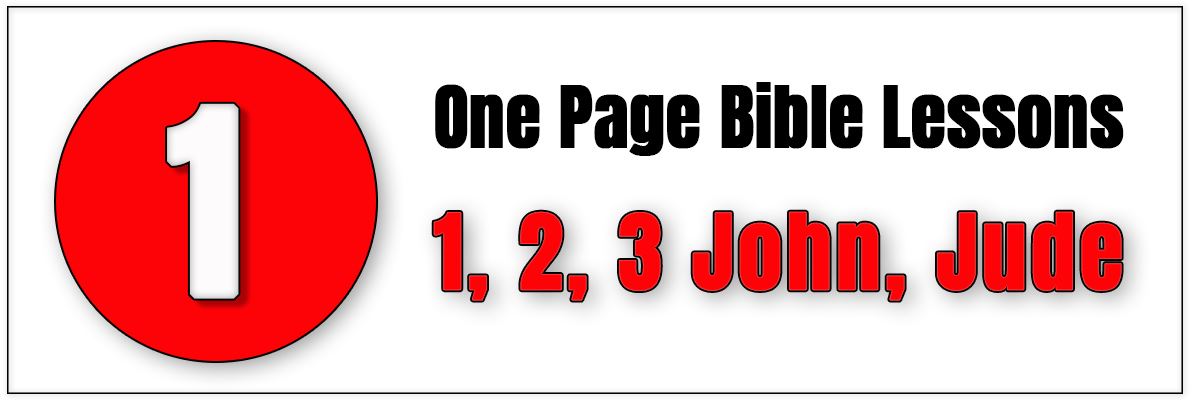One Page Bible Study Lessons
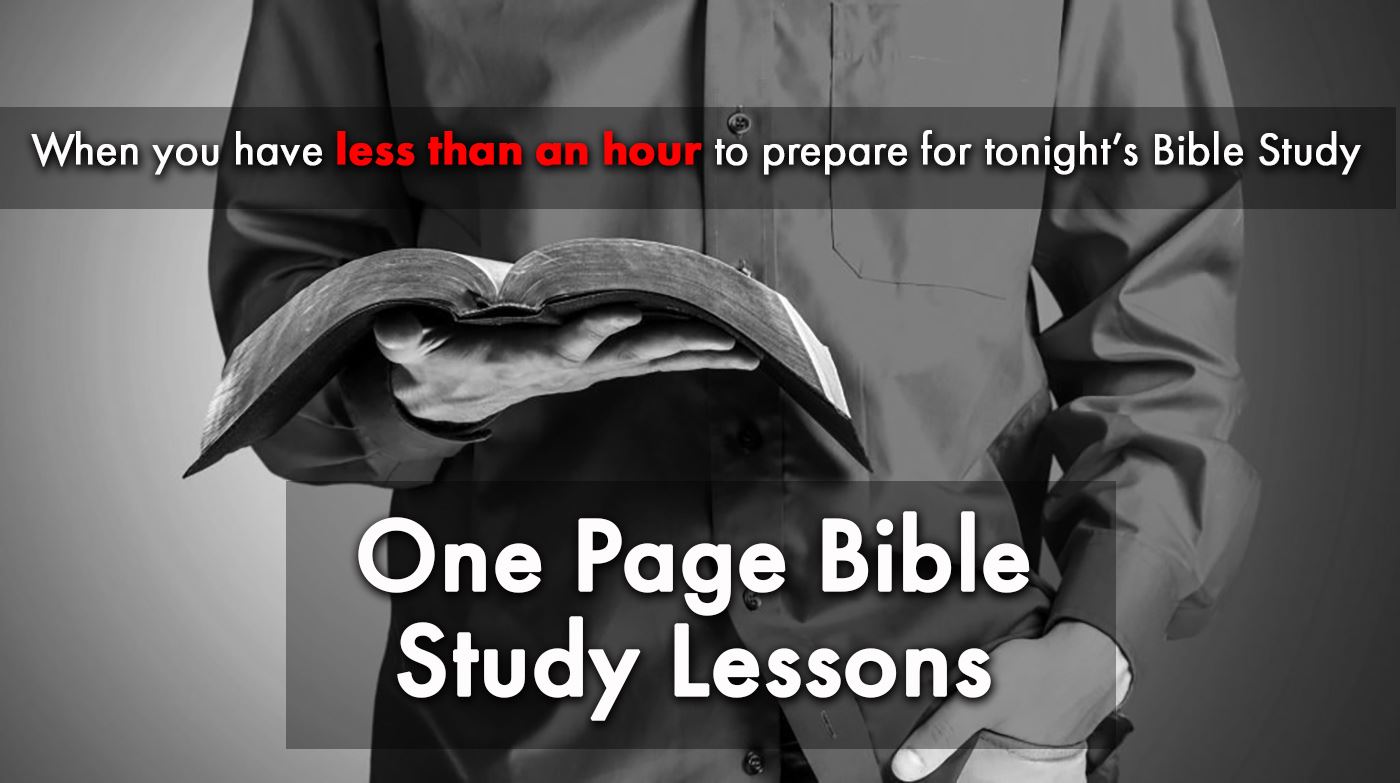
If you have been teaching for a while, and are called upon to teach regularly, you don't need a LOT of help to get ready. 20 ready-to-use questions on ONE PAGE might be all you need. If that is you, ONE PAGE BIBLE STUDY LESSONS are for you. This page is a work in progress. My goal is to write a One-Page Bible Study Lesson on every chapter in the New Testament and a good number of the chapters of the Old Testament. I have just begun, but my goal is to complete the New Testament by December 2021. If you have particular book you would like for me to do first, please let me know josh@joshhunt.com If you are looking of fuller lessons--with answers--click here. |
Grab a friend. Pick a time and place. Open the Word. Open this book. Ask some questions. Discuss. Argue. Debate. Ponder. Consider your own questions. Understand. Apply. I guarantee you that your life will change for the better. You will worry less and love others more. You will be more generous and kind. You will be closer to the person you want to be. Don't believe me? Google, "The Bible changed my life." You will find plenty of stories of people who have been changed by exposure to the Bible. In Why I Am Not an Atheist, Henk Drost says,
Invite some friends. If the group gets too big—and I pray it does—start a new group. Alternatively, you can use this study for existing Bible Studies. If you study one lesson a week it will take you five years to go through this study. We have an Old Testament volume planned that will have an equal number of lessons. (We won’t cover every chapter in the Old Testament as we do in the New Testament.) That study would take you another five years. Keep this mind when you get frustrated that you are having to cover so many verses in one week. One inherent flaw in these Bible studies is the assumption that every chapter in the New Testament deserves equal attention. With this in mind, there may be some chapters you may want to slow down in, while in others you may want to go faster. All Scripture is inspired, but is not equally inspiring or applicable. John 3 likely deserves closer attention than Revelation 15. Feel free to adapt, customize, and personalize to your group. The guide is meant to help you, not limit you. Probably, after a few dozen studies you will learn your own way and may not need this guide. Depending on the length of the passage, you may or may not want to read the whole passage out loud. With shorter passages it would be good to do so. Use your judgement. Sometimes the lessons are longer than one page. In Revelation I decided to give you a little more material and many of the lessons are two pages. I provided answers in the form of footnotes from respected commentaries. These are similar to my other, longer lessons, Good Questions Have Groups Talking. A question I will ask pretty regularly is: Does your Study Bible have a note on this? My vision is that everyone will have a Study Bible and that a lot of different Study Bibles will be referenced by your group. We don’t want Bible Study to be pooled ignorance. If you have five different Study Bibles in the group, it could make for a great discussion and shed a lot of light—especially on difficult passages. One of my favorite kind of questions is what I call a jump-ball question. This is a question that could be legitimately answered more than one way. For example, “Does following God make us thirstier or more satisfied?” In a way, it is both. We are more and more content. And we long more and more for God. As the deer pants for the water. Truth is often a midpoint between two extremes. The wisest man who ever lived said, "It is good to grasp the one and not let go of the other. Whoever fears God will avoid all extremes." Ecclesiastes 7:18 (NIV) We see this dynamic all through Scripture and this is one of many reasons we are endlessly fascinated by it. Remember your goal in teaching: to make disciples. The biggest mistake people make in teaching is to fail to teach for application. We don’t want to just make smarter sinners. James taught that we deceive ourselves when we listen to the Word and don’t do anything. We deceive ourselves because we think we must be becoming godly because we attended a Bible Study. Without application, there is no discipleship. The second mistake we make is to teach for application, but fail to remember that without Christ we can do nothing. We must rely on the power of the Holy Spirit in us to do what the Bible requires of us. The opposite is known as Moralistic Therapeutic Deism (Google it) and it doesn’t produce the disciples. From time to time in these lessons we will get to the application and then say, “Well, here is the point. Go out and try really hard to… (give, serve, pray, forgive, etc.). Is that the gospel? Go out and try really hard? What is the gospel?” I am hoping you have a ready answer to this question. If not, see my book, How to Live the Christian Life. At the beginning of each book study, I’d encourage you Email your people and invite them to do two things:
May God richly bless your as your study His Word for life change. Josh Hunt Good Questions Have Groups Talking |
